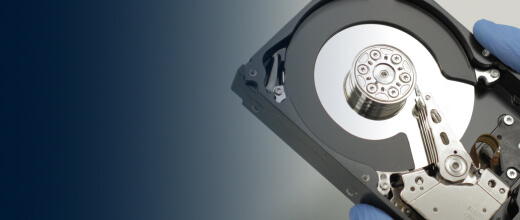Data Recovery Services offers professional, top-class SSD Data Recovery Services for the most demanding solid state drives. We have the latest data recovery tools, advanced data recovery software, certified clean room, experienced engineers and high-precision soldering stations to recover data from defective SSD. At the same time, our experts can also repair certain types of solid state drives.
We are here 24 hours a day, 365 days a year to assist you with every step of the data recovery process. Below is a list of the Solid State Drive (SSD) services we support:
We offer highly rated data recovery services and strive to fix data loss that other companies can’t fix. With a 99% data recovery success rate, we hold a top position in the industry. So far we have seen all types of solid state drive failures and can help our customers to fully understand their hardware before deciding how to proceed to recover lost files.
The main advantages of SSD are their compact size, light weight and lack of moving parts. The SSDs use flash NAND memory that eliminates the magnetic read/write process that traditional hard drives use to store data. The risks of overheating, strong magnetism and loud whirring noises do not exist with solid state drives.
With all these benefits, one can imagine why SSDs have become so popular in mobile technology. Over the years we have mastered the repair of many SSD models and recovered petabytes of important customer data.

SSD data recovery vs. HDD :
SSD technology stands for Solid State Drives, which means that these devices have no mechanical parts inside. Instead, they feature NAND chips soldered onto the SSD’s motherboard. Wikipedia Data storage technology is very new compared to the old magnetic hard drives. It has advanced privacy features.
There are many reasons in favor of an SSD (Solid State Drive) over a hard disk. The absence of read and write arms reduces the risk of mechanical failure, which is a great advantage in everyday or mobile use. Their light weight makes them a preferred option for many laptops, tablets, and phones.
However, the proliferation of SSDs has also exposed their weaknesses, which, while different from those of traditional hard drives, can still have unexpected and catastrophic consequences for users. Like any technological device, SSDs also can wear out over time, which can lead to memory chip degradation or sudden electrical failure. A faulty capacitor, power supply, or controller chip can cause SSDs to fail completely.